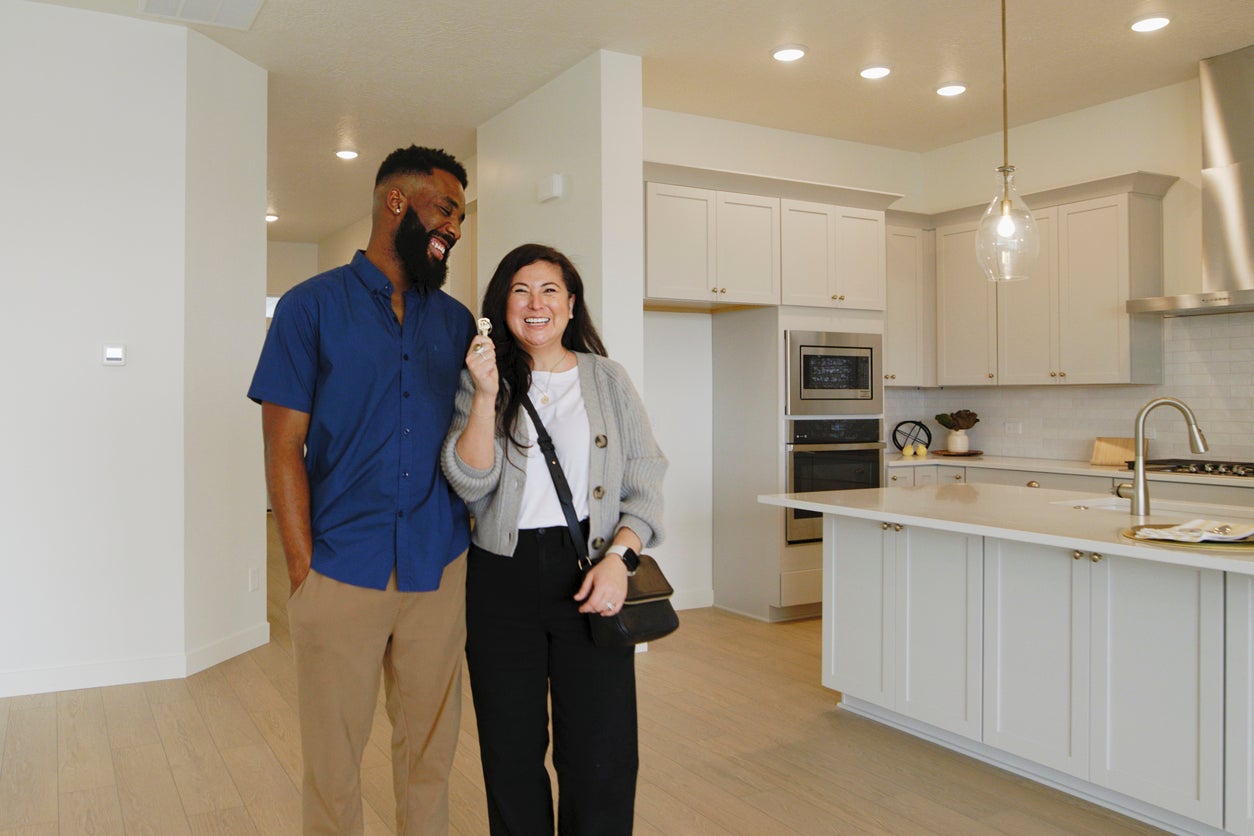Mortgage Home Loans
Whether you’re buying your first home, an investment property, or looking to refinance, SouthEast Bank has the experience and personal service to support you through this next step.

Take the Next Step on Your Homeownership Journey
At SouthEast Bank, we have a team of experts ready to guide you through the loan process and a variety of lending options tailored to your next chapter, including:
Conventional Fixed-Rate Mortgage
Take advantage of predictable payments by locking in an interest rate that won’t change over the life of your loan.
Adjustable-Rate Mortgage (ARM)
Enjoy your home now while keeping your long-term plans open with a low introductory rate and monthly payment.
Senior Benefit Home Loan Program
A select financing option available to qualified Tennessee residents ages 62 and above.
Mortgage Refinance
When you love your home but don’t love your monthly payment, a mortgage refinance may be the solution for you.

Home Mortgage Access Loans1
We recognize that owning a home is an essential part of the American dream, and we’re here to make it accessible to everyone in our community. Through our Home Mortgage Access Loan program, customers with either Individual Taxpayer Identification Numbers (ITIN) or Social Security Numbers (SSN) can apply for mortgage loans, home equity loans, and lines of credit.
You Might Also Like…
Mortgage Calculators
Utilize our many mortgage calculators to make your home financing decisions easier.
- Mortgage Calculator
- Mortgage Refinancing Calculator
- Home Financing
- Loan Consolidation
Home Construction Loans
Ready to build your dream home? Secure financing and break ground with a construction loan that fits your schedule and needs.
- Financing options to fit your needs
- A partner invested in your success
- Funds disbursed on your schedule
Home Equity Loans
Use the equity you’ve earned from owning your home to get the most favorable interest rates and terms available. Great for:
- Home Improvements
- Debt Consolidation
- Large Expense Events
- Funding Education
Learn More About Your Loan Options Today
Fill out an inquiry using the link below, and your local loan officer will reach out with the next steps.
Mortgage Loan Tips
In-Branch and Online, We’re Good to Know
Open an Account
Open a checking, savings, or certificate of deposit account with us today. Accounts designed with you in mind.
Find a Branch
Get to know your local team by visiting one of our branches. We’re proud to serve Middle and East Tennessee.
Meet with Someone
Whether you’re looking to explore account types or lending options, our staff is ready to assist you.
SOUTHEAST BANK NMLS ID# 537499



